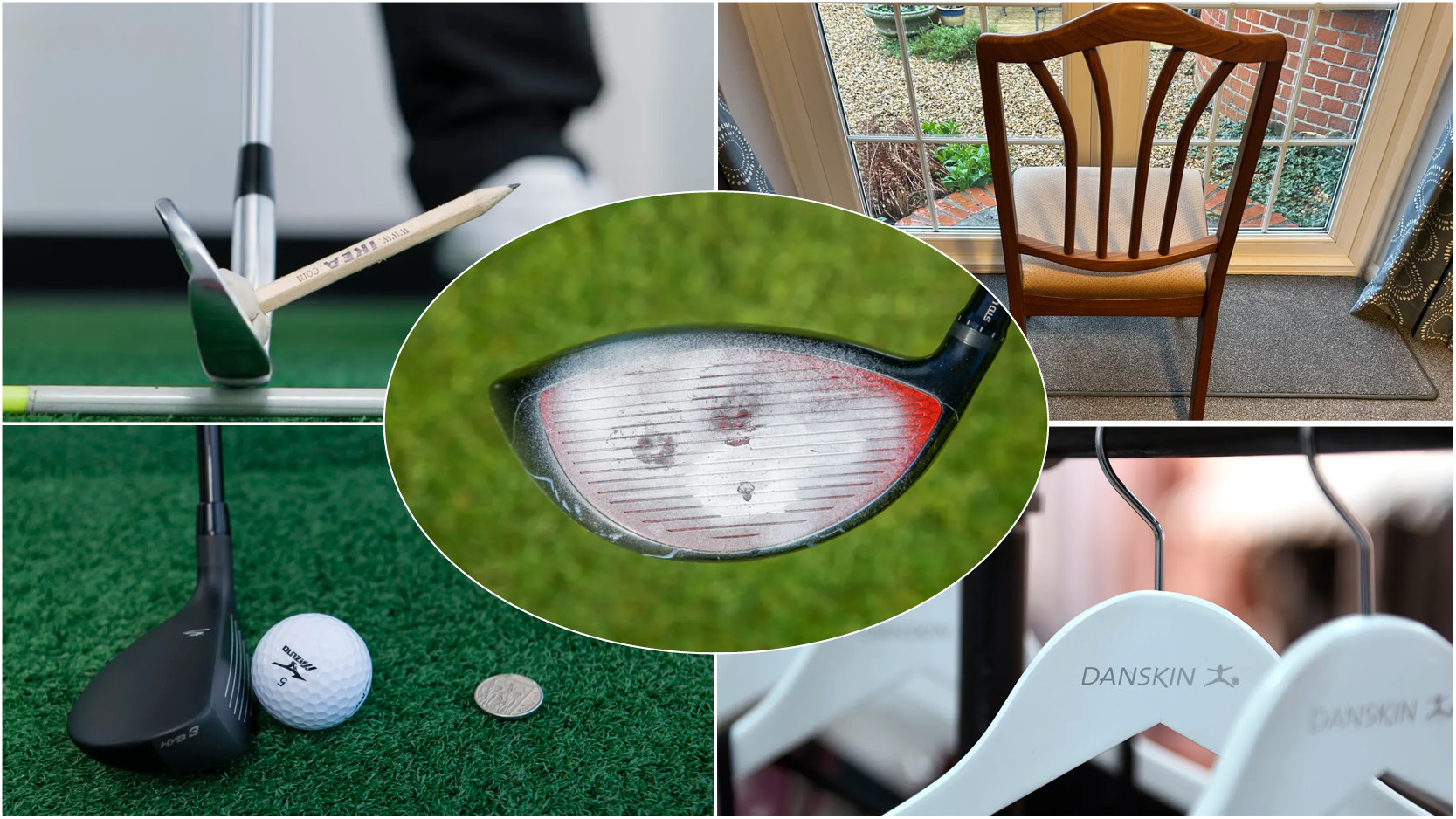
Have a look around your house and there will be numerous items that can be used as golf training aids. Not only can you utilize items such as coins and towels on the range or on the practice ground/putting greens, but at home, too, with various drills that can be performed on your coffee break in your home office. It’s time to get creative. Here’s a selection of household items that can be used to help you work on your golf game.
Coins
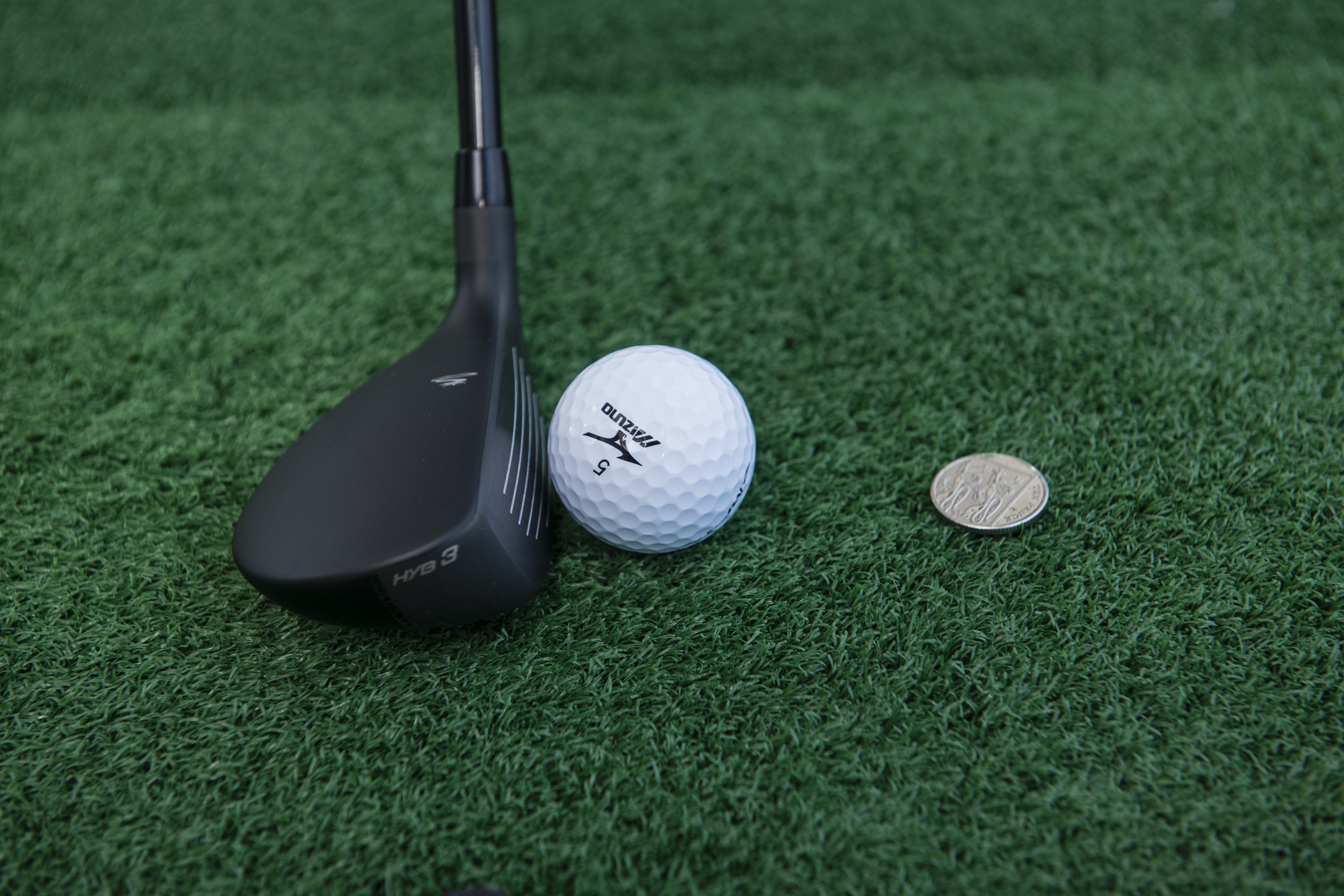
You can use a coin to improve your long game. There’s a tendency for amateur golfers to hit hybrids with a shallow, upward strike. In fact, you’re after a more of a downward impact, which is where this drill will help. Place a coin two or three inches in front of the golf ball and take your shot as you would do normally. If you miss the coin it’s because the sole of the club is travelling upwards too soon – the likely result is a thin contact. You want to hit the coin, which tells you have the right downward angle of attack, one that will lead to more consistent and purer strikes, which is going to give you added distance, too.
A coin can also be used to improve your putting. Here’s a useful drill to help you work on your putting stroke. Pop a couple of coins on top of each other. Take your stroke and try to brush the top one off of the other. This simple exercise will help you to focus on your stroke as it’s coming into the ball and, hopefully, promote more of a square contact.
Towel
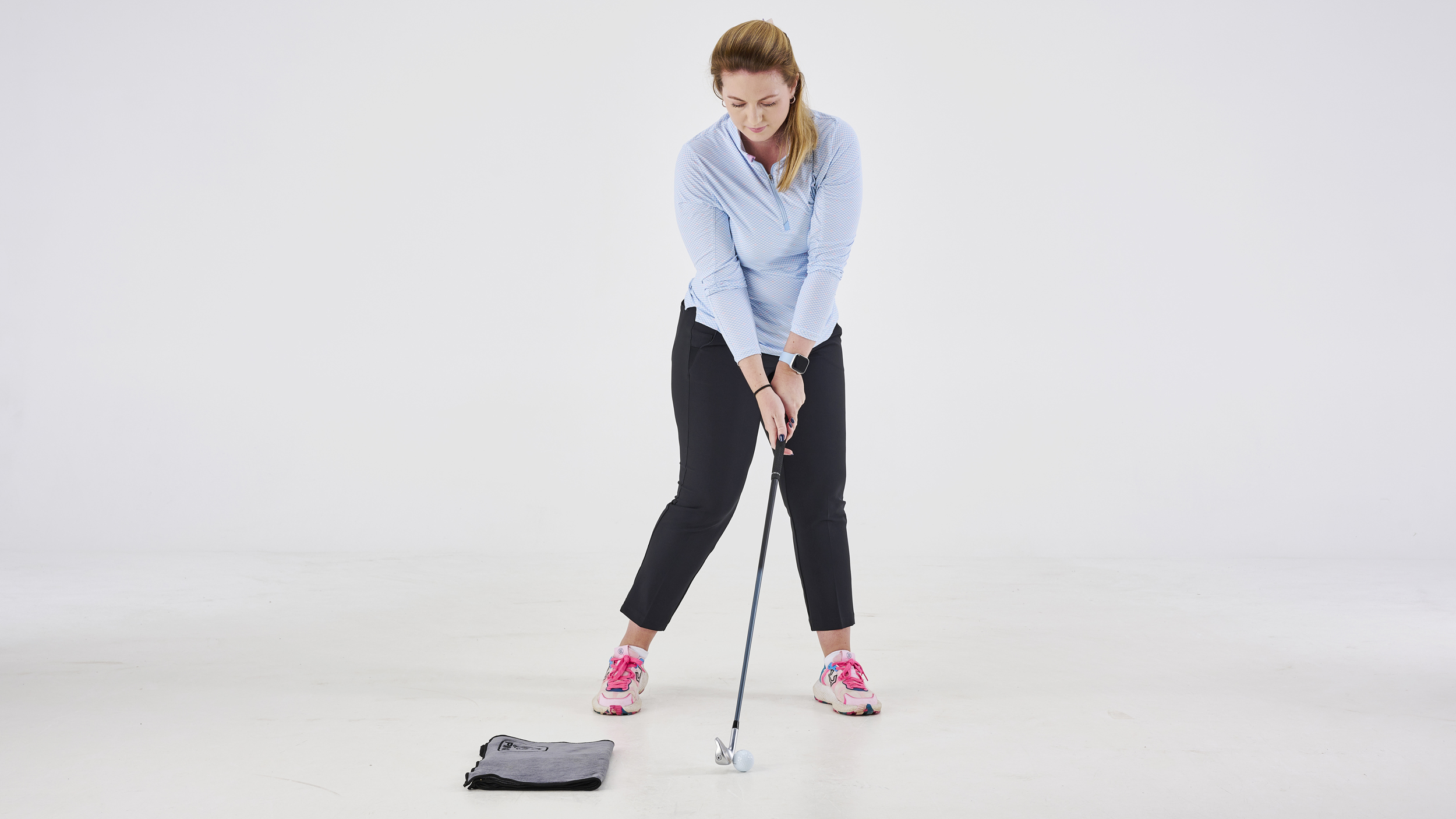
Towels can used by golfers in lots of different ways. One of the best training drills to help improve ball striking with long irons is to place one just out of the corner as your eye (as pictured). Remember, with long irons you want the ball just forward of center. Take a swing. This drill will help if you’re not getting your weight into your lead side as you strike the ball. If you lean back or sway, the spine angle will often be tilting back as you come into the ball – which will normally result in a heavy strike. The aim is to miss the towel as you come down and hit the ball. It will help you to groove that ball then turf strike. If you hit the towel, you’ve most likely been guilty of tilting back.
Chair
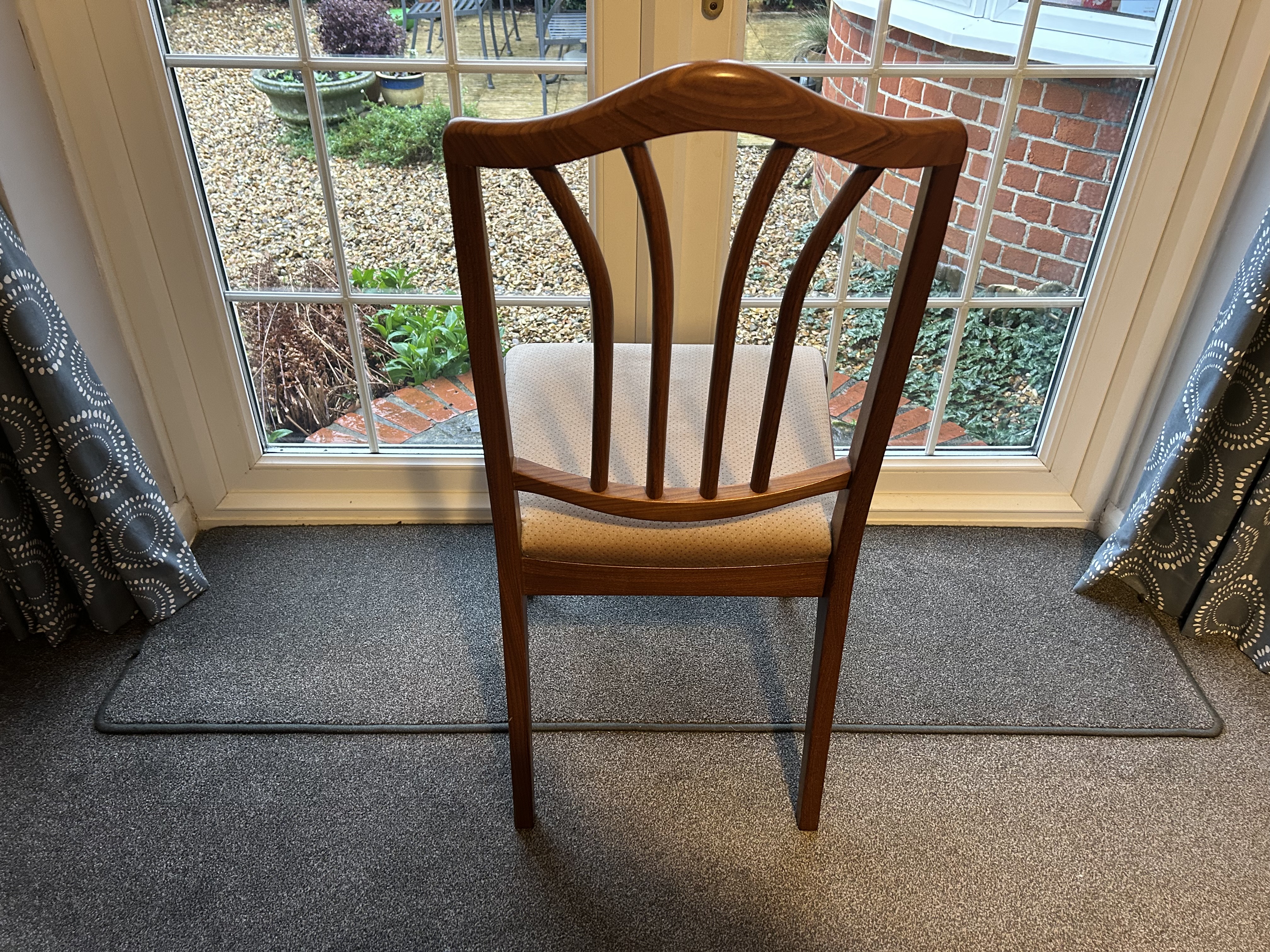
Give yourself a break from all those emails and stand up from your chair. Take your stance so that your read end is touching the back of the chair, and then take your swing. The idea of this drill is that you can feel yourself staying connected to the chair throughout in order to prevent early extension in the golf swing.
Blu Tack & pencil
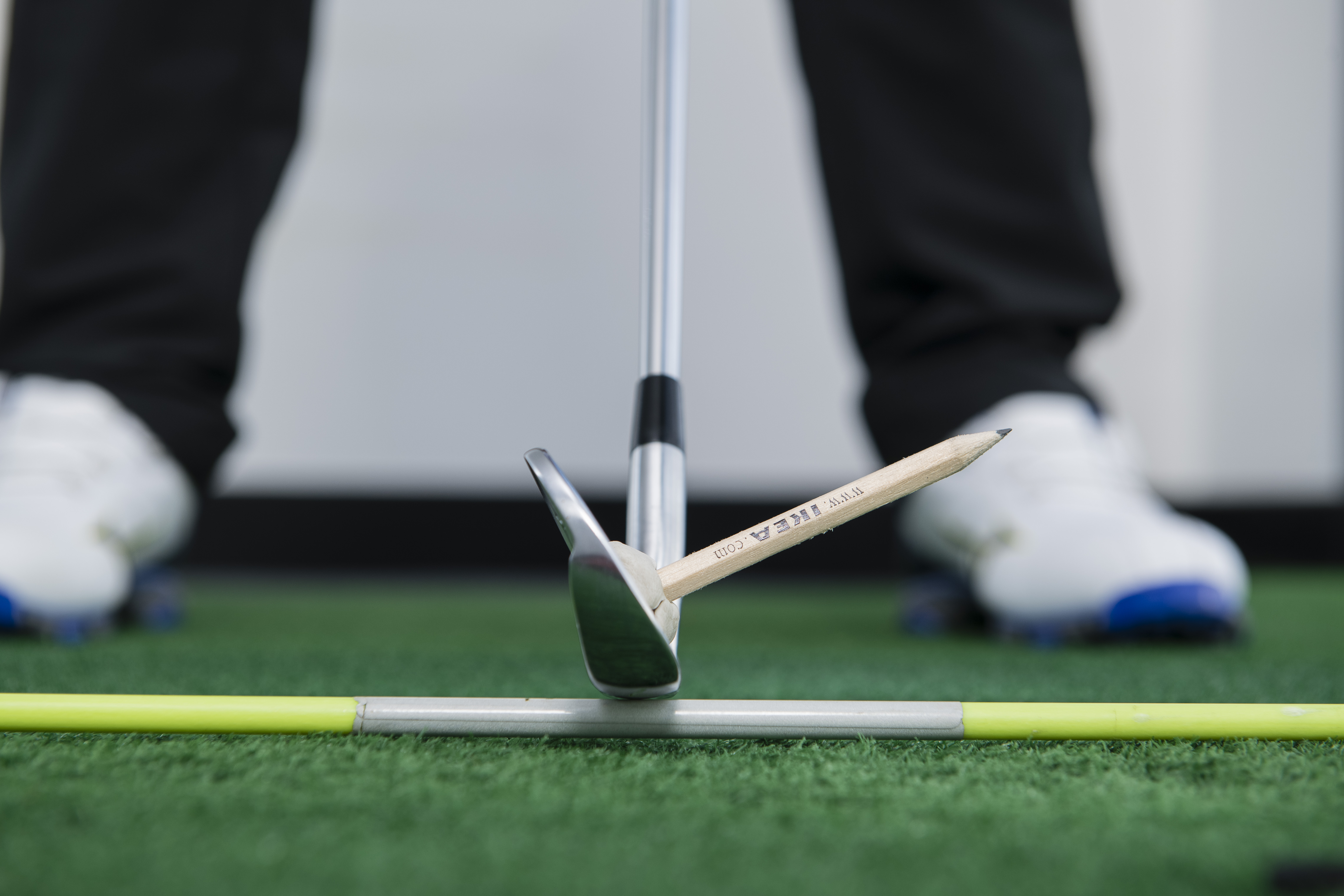
This drill will help improve your awareness of how the clubface is affected by the way you hold the club, and it’s easy to do at home. Apply some Blu Tack to the center of your clubface (use a mid iron) and attach a pencil, as shown. At address, the pencil should cover the alignment stick. From here you’ll get a good understanding of where your clubface is during the backswing; and whether you have a tendency to open it (pencil up), close it (pencil down) or keep it fairly neutral (pencil pointing directly away from you). A strong grip with lots of knuckles showing on the top hand will encourage more of a closed clubface when you take the club back, whereas a weak grip will see the pencil pointing more towards the sky. You need to work on presenting the club back to target without any twisting or manipulation.
Book
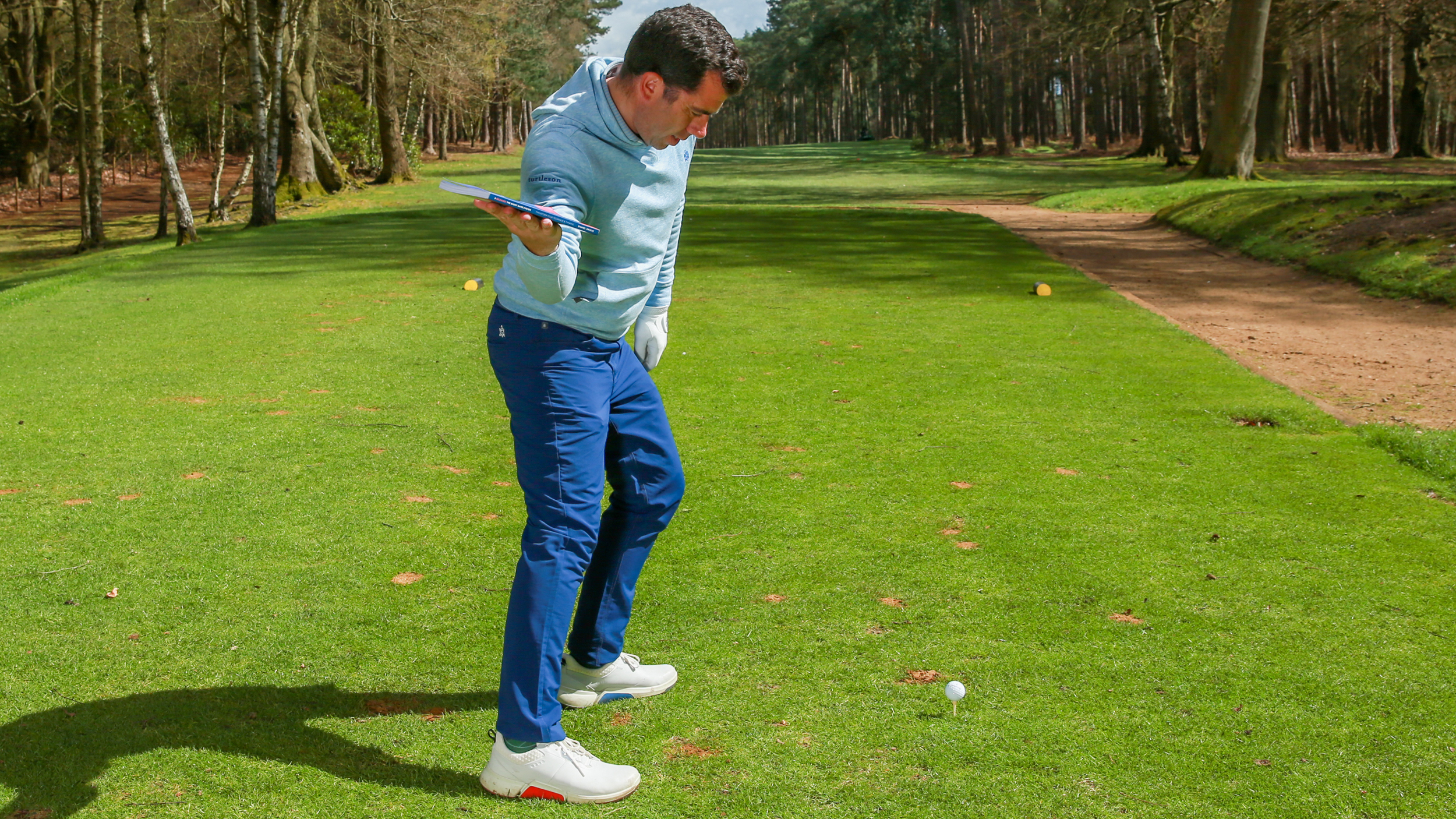
Are you struggling with a slice? This is the ‘waiter’s position’ drill, which helps you to groove a better downswing and get into the right positions using a book. The idea is that it doesn’t fall out of your hand. If it does, that’s your slicing action coming into effect. That book should remain nice and balanced in the palm of your hand.
Foot spray
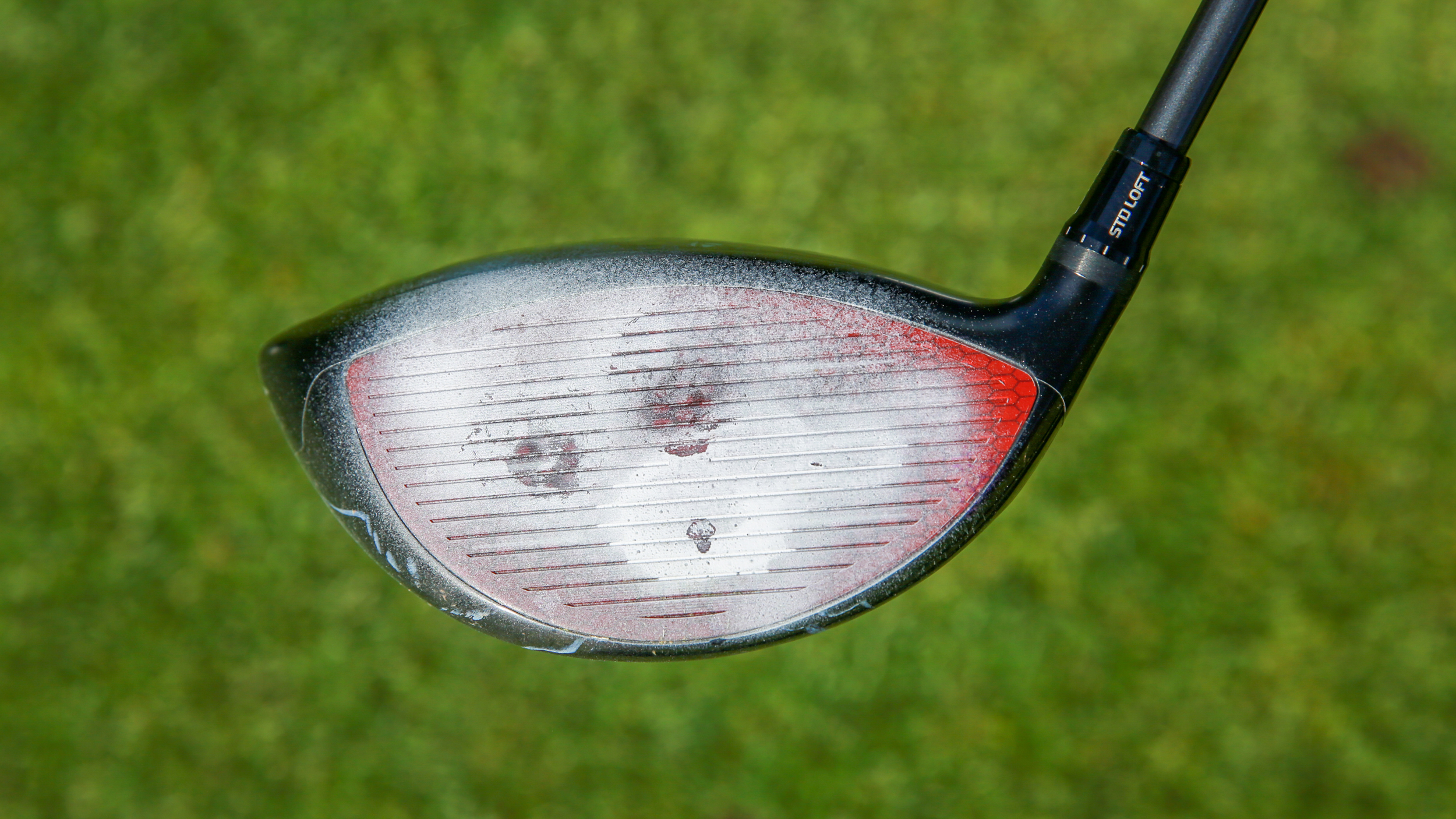
Strike is king. To get a better understanding of where you tend to strike the ball with your driver, apply some foot spray on the clubface (Daktarin rubs off easily with a towel). Hit some shots. The visual feedback will tell you if you are good at hitting the ball out the middle or if you tend to favor the heel or struggle with how to stop toe strikes.
Tennis ball

The golf swing is all about rotation, flexion and extension. When you throw a ball, you do all that – which makes this tennis ball drill so effective. Executed correctly – and if there was a wall directly in front in the above picture – the ball would bounce down, hit the wall and offer an easy catch as the player rotated through to the finish position. This is a simple drill to try at home if you have a bit of space and a wall to throw the ball against.
Coat hanger
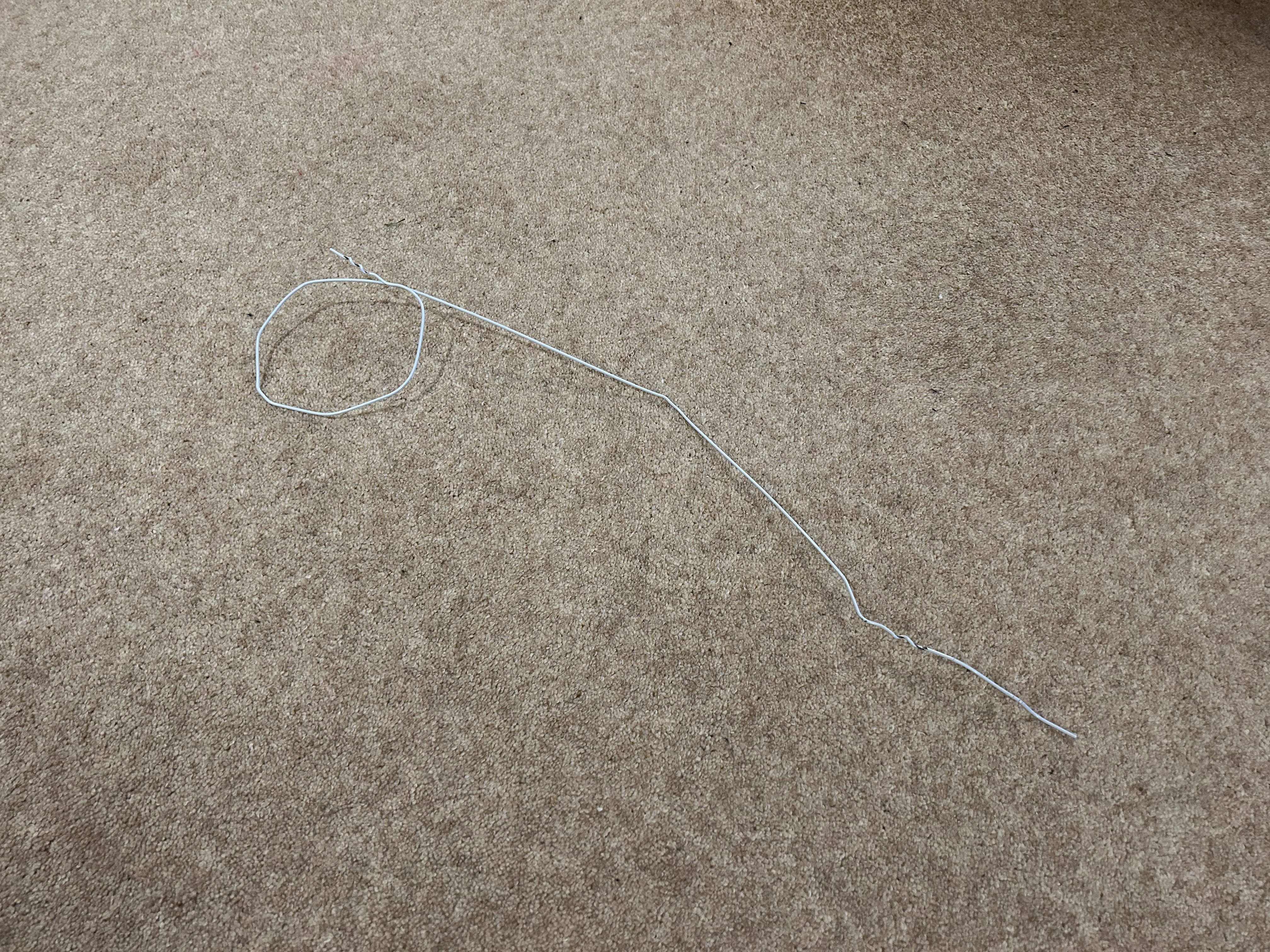
There are a number of golf drills that require a coat hanger, but for this one you’ll need one of those wire ones that you can bend. Straighten it out so you can stick one end in the ground, and then create a circle with the other end of the hanger; it needs to look something like the above. Put the non circle end into the turf. When you take your stance, position the ball so that when you're looking down, it’s in the middle of the circle (hole) that you’ve just created. When you take your backswing, you should still be able to see your ball in that hole. This will help you to stop swaying and teach you the importance of turning your shoulders perpendicular to your spine and around and through on the same plane.







